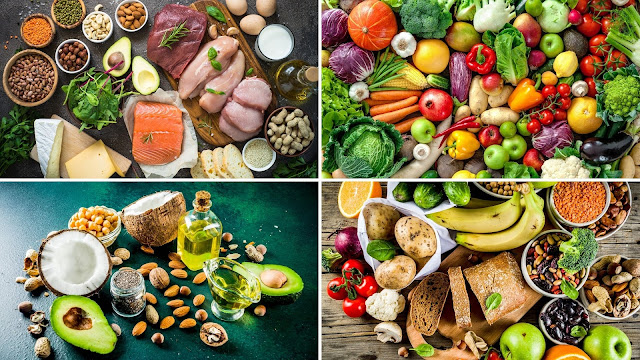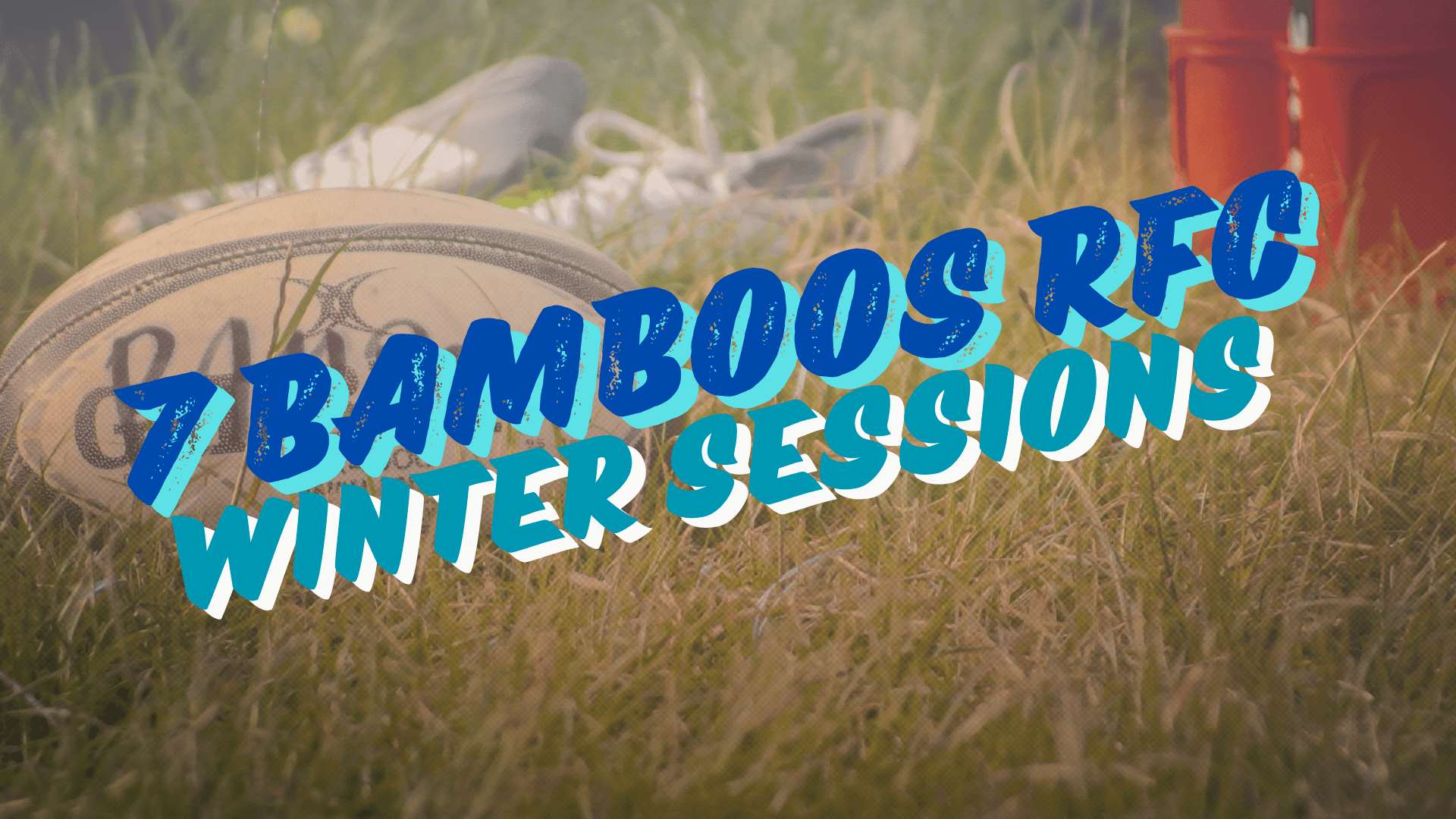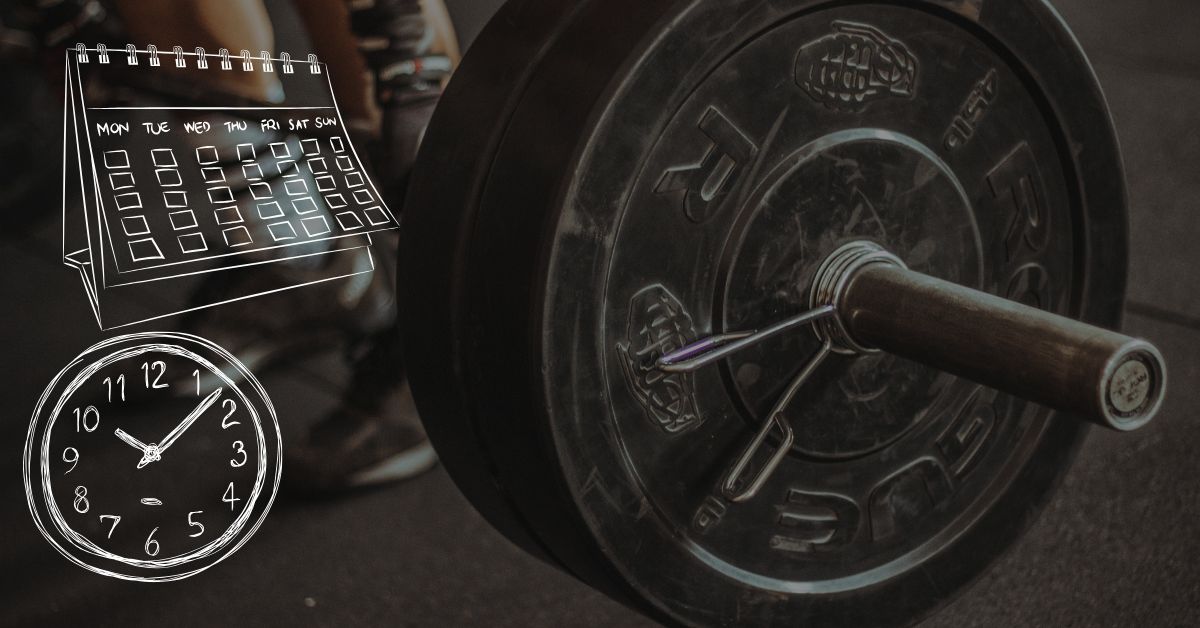Get ready to kick off winter with 7 Bamboos RFC!…

How to Eat Like a Rugby Player
Written by: Malachi Nojaduka
“You are what you eat, so don’t be fast, cheap, easy, or fake.” – Unknown
Rugby is a high-intensity, high-alert level sport. The sport is fast-paced and the field of play is forever changing. Athletes need a variety of skills at their disposal, some of which go beyond just strength and fitness.
The fight to be number one happens not only on the field but also off the field!
We at 7 Bamboos Rugby are a well-established brand concerned with all things rugby-related. Our holistic approach to the sport ensures that players are well taken care of in all departments, which in this case is nutrition.
This would not be possible if not for the involvement of experienced nutritionists working in the back end to ensure that players maintain the delicate balance between playing rugby and nutrition.
That being said, let’s get to the real reason you’re here: To find out what is the best diet for a rugby player.
Let’s get eating
As a rugby player, there are many physical attributes that you can work on when trying to improve your game. None will have a more immediate impact on your performance than your nutrition.
This is because everything stems from what foods you put into your body.
Following a well-structured rugby diet plan is vital because, as a rugby player, there are specific energy demands and body composition targets for different positions on the field.
This requires attention to the kinds of food you eat, as it determines how well you perform your role as part of your team.
A good diet can enhance your athletic performance and general fitness, which is what we want because no one wants to be the one huffing and puffing in the last minutes of a game or when your team reaches the knock-out stage of a tournament.
Why is it important?
Maintaining a proper rugby diet isn’t only good for keeping fit and building your body. By committing to a balanced eating regimen, an athlete benefits from improved mental clarity, increased muscle mass, decreased body fat percentage, and improvements in both injury prevention and recovery (all of which contribute to how highly successful a player can be).
If a player upholds the standards for healthy eating, they increase the value of the outputs they generate from their endurance training, active fieldwork, and strength training.
However, good nutrition alone won’t get you the desired results. A combination of both training and healthy eating will significantly contribute to incremental progress over time for example; if a player frequently engages in endurance training, their body adapts and is better able to cope with the energy demands to carry them throughout the duration of a match when game time comes.
So what do I eat and how do I use the diet?
Since we’ve already established that good nutritional habits, when put into practice, result in greater performance, let’s break down what to incorporate as part of your diet and how to approach the diet.
A holistic rugby player’s diet should include an appropriate number of calories, and a sufficient intake of fluids, proteins, carbohydrates, minerals, vitamins, and iron. Fats are also a vital part of the diet, especially saturated fats.
When adopting the diet, there are several variables that you need to consider before taking any action. Mainly the diet plan you intend to follow and how it relates to your role in the squad.
Also, depending on whether you play 7s or 15s further research into your position’s eating habits is required in order to reap the full benefits of your diet.
This matters because forwards and backs have different body compositions, so diets may be subtly different.
A basic rugby player’s diet should comprise 3000 to 3900 daily intake of calories (between 2000 to 2500 for female players), with 3 meals mainly breakfast, lunch, and dinner, and special
consideration for snacks in between.
This is necessary as rugby players are large and sticking to highly nutritious energy-dense foods will enable them to maintain their build and sustain the energy required for training and competition.
Here are some of the best foods to eat like a rugby player:
• Protein
Salmon, chicken, lamb, fish, turkey, eggs, and plant-based proteins, for example, legumes and nuts. Dairy is acceptable but goes for the low-fat varieties.
• Carbohydrates
Oats, brown rice, pasta, quinoa, and vegetables and fruits such as potatoes, sweet potatoes/yams.
• Fats
Avocados, nuts, and healthy oils such as olive oil or coconut butter.
• Vitamins
Minerals, and iron – by eating certain foods or through supplementation.
• Liquids
Drinking 2L of water daily and low sugar energy drinks for hydration and
replenishing of electrolytes.
Players, whether new or seasoned, can apply the eating plan mentioned here. Strictly following the diet continuously is bound to reflect in both training and playing against the competition.
However, if you are looking for a tailormade, done for your approach, consider checking out the coaching programs currently available at 7 Bamboos Rugby.
Conclusion
Eating properly is never easy, as discipline and consistent monitoring are required.
Using the correct strategy with your goals will eventually give you the results you desire. At 7 Bamboos Rugby, we pride ourselves on the work we do and if you are considering changing the way you eat in alignment with your rugby goals, we strongly suggest you follow and join us as part of your rugby journey.
For more on health and fitness and rugby diet advice, visit us at 7bamboosrugby.com.
#diet #rugbydiet #healthyeating #healthyfoods







